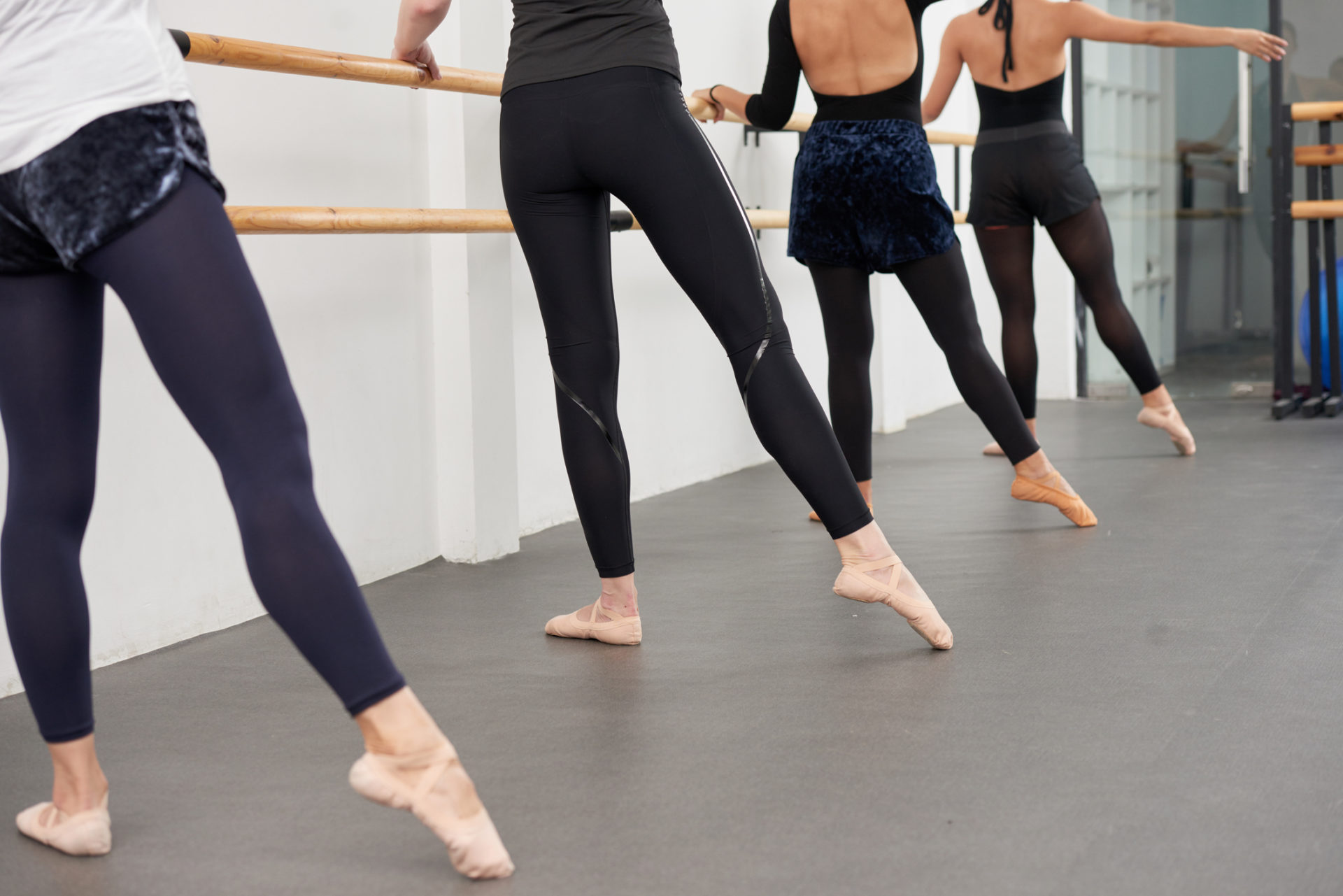
I joined the Ann Craft Trust in June 2021.
I’ve taken on a new role to respond to specific safeguarding concerns that exist within the world of unregulated sport and activity.
Since beginning the role, I have spoken to many committed and inspiring individuals within unregulated sport and activity. They’re all paving the way to ensure safeguarding is firmly on the agenda.
I would like to reflect on what I have learned so far. I hope this can support the safeguarding practices of those working within the unregulated sport sector and beyond.
What do we mean by “unregulated” sports and activity?
In the context of my role, the term “unregulated” refers to sport and activity that is not affiliated with a governing body or an active partnership. This could be “new” sports, such as Esports. It could also be activity predominately designed for leisure and recreation, such as dance groups.
For instance, last year the Ann Craft Trust collaborated with professional wrestling to discuss the #SpeakingOut campaign. This looked to address allegations of sexual misconduct in British Professional Wrestling, which is an unregulated activity.
Safeguarding in Unregulated Sport and Activity- Initial Reflections
When I took on the role, I was not 100% sure what to expect. I wondered, who might contact us? What sort of support will they need? What might they expect from the Ann Craft Trust?
After many conversations, I’ve begun to spot a few common themes:
A willingness to start a conversation.
Safeguarding can be daunting. It can be hard to know where to start. And once you realise how much you need to do, it can be off-putting.
But those I have spoken to have started their safeguarding journeys. They’re willing to have challenging conversations with their stakeholders. They’re also willing to reach out to the wider safeguarding community to seek support, to learn from others and to start change.
The importance of language.
Safeguarding adults can mean different things to different people. It’s essential to use the right language for the target audience from the start. It’s more meaningful, so it’s likely to be more impactful.
Linking into our #SaferCultureSaferSport campaign is a good way to start the conversation and raise awareness with others.
The drive to implement change.
Safeguarding is not just a tick box exercise. But there is a committed and proactive approach to developing safeguarding even in groups that are not regulated.
There is an appetite to seek support in order to provide a quality service. I’ve noticed that in some groups, people often take on the role of safeguarding in addition to existing roles, many of which are in a voluntary capacity.
An underestimated organisational reach.
Due to its diversity, the unregulated sport and activities sector is engaging vast numbers of people from a wide range of backgrounds.
I am working to support umbrella organisations that have an infrastructure in place. This increases my ability to raise awareness of safeguarding adults across more groups. It also allows me to implement good practice and provide support to those who need it.
A keenness to learn.
Developing understanding and knowledge of safeguarding adults is high on the agenda for both staff and volunteers. There’s also a willingness to learn from others, and to share good practice.
This sets a good path to follow. By creating a discussion forum, I hope to encourage this sharing of ideas and solutions.
A need for support.
Unlike governing bodies, umbrella bodies in some unregulated sectors have different governance arrangements. They therefore require a different approach to implement high standards of safeguarding practice.
It’s essential that we create an unregulated sport and activity safeguarding support network. This way, the safeguarding leads could come together and discuss some of the common issues, successes and obstacles.
New unregulated sport and activity forum
We held our first Network Forum in September, and we’re planning to hold the second at the end of November.
Do you work in the unregulated sport and activity sector? If you’d like to join the network or access adult safeguarding support, then please contact me.
How Can You Learn More?
We are beginning to develop resources to support safeguarding practice for the sport and activity sector.
To learn more:
- Listen to our podcast that explores safeguarding concerns within British Wrestling.
- Explore our free safeguarding in sports resources. This includes guidance about how to write a safeguarding policy and procedures.
- Take the test! Use our free safeguarding checklist to see how much you know about safeguarding. At the end, we will provide resources based on your answers.
- Join the unregulated sports and activity forum
